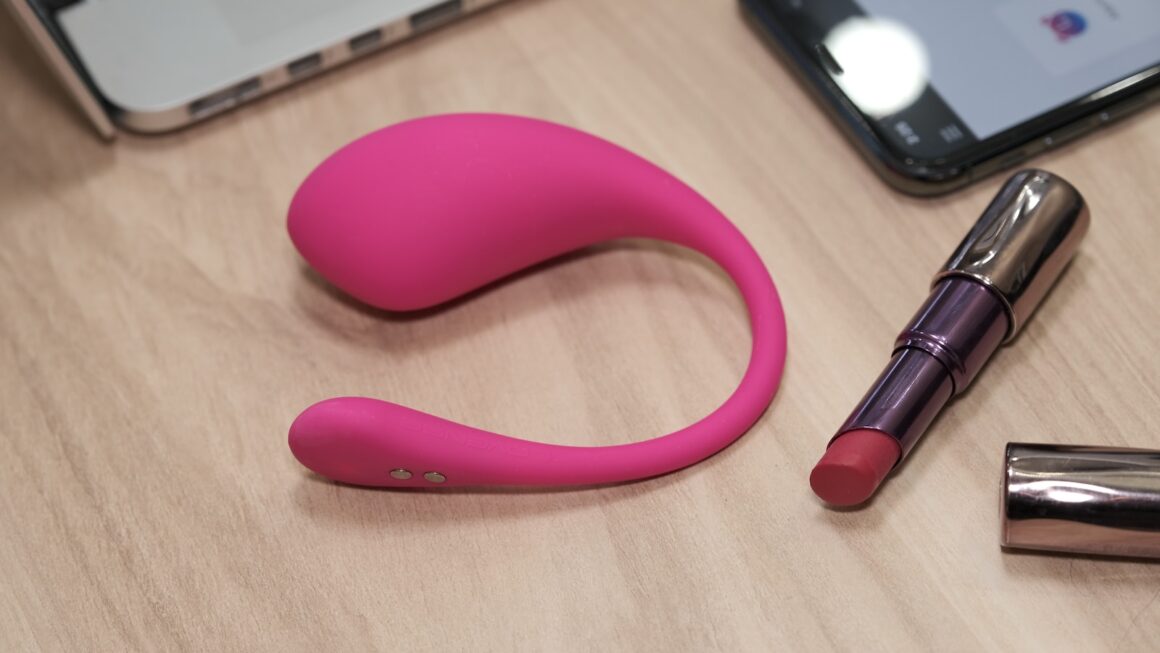When trying to conceive, many women are concerned that vibrators could impact their fertility. However, occasional and short-duration use of high-quality sex toys does not have a negative effect on fertility.
Sexual pleasure is an essential part of whole-person health for both men and women. While masturbation is not a cure for infertility, it is important to practice safe and responsible usage.
Phthalates
Phthalates are a group of chemicals that interfere with our endocrine system. This system is a network of hormone-producing glands and hormone receptors that controls vital functions such as growth, metabolism, reproduction, sleep and stress response. Phthalates increase the production of some hormones, decrease the production of others and alter the way the body responds to the hormones it produces. These effects can have many detrimental impacts on our health, including reproductive problems.
Studies have linked phthalates to fertility issues in both males and females. These studies use both epidemiological and experimental data to show the relationship between phthalate exposure and the development of fertility issues in humans. For the female reproductive system, these studies look at puberty, primary ovarian insufficiency (POI), endometriosis, preterm birth and IVF. The male reproductive system is also looked at, with a focus on anogenital distance, cryptorchidism, hypospadias and changes to adult sexual function.
Although the link between phthalates and infertility is not definitive, it is strong enough that the chemicals have been banned from products designed for children under three to help them sleep, play, eat or teethe. Additionally, a number of states have banned or restricted the use of phthalates in toys and child care articles. The state of California requires that manufacturers list four phthalates (DINP, DEHP, DnOP and BBP) in warnings for consumers.
Tissue Damage
The intense vibrations and pressure of vibrators can lead to tissue damage, resulting in a decrease in fertility. However, this is only a potential risk if the vibrations are prolonged or repetitive and if the user suffers from an underlying medical condition. If you experience pain or discomfort during vibrator use, it is essential to seek a medical opinion to rule out an underlying issue that could affect fertility.
Vibrators come in a wide range of shapes and sizes, with some designed for clitoral stimulation, others for G-spot stimulation or anal stimulation. They are usually used for arousal and pleasure, and can help you reach an orgasm faster. They can also boost your sexual pleasure and make you feel more confident during intimate encounters.
There is no scientific evidence to suggest that using a rose sex toy or any other type of vibrator will cause infertility. In fact, some research has found that regular use of vibrators can improve fertility, boosting both ovulation and sperm count.
It is essential to use vibrators responsibly and to clean them regularly to minimise the risk of infections. Also, it is important to prioritize communication and consent with your sexual partner. Finally, it is advisable to take breaks between sessions to allow the vaginal muscles to relax and return to their normal functioning.
Frequency of Use
When a woman or man has trouble getting pregnant, it is called infertility. It may be due to male factors, female factors, or both. In order to diagnose infertility, doctors will usually check the couple’s ovulation cycle and examine them for cervical or uterine issues.
In addition, doctors will also check their history of sexual activity. In some cases, a doctor will refer a patient to a fertility specialist after trying to conceive for 12 months, or 6 months if the woman is over 35 years old.
There is no evidence that vibrators cause infertility, but they can increase blood flow to the genitals, which can improve reproductive health and increase the chances of conception. In addition, a vibrator can help to enhance sexual pleasure and intimacy, which can lead to more frequent and enjoyable sexual activity.
Some people worry that frequent vibrator use can cause clitoral atrophy and make it difficult to achieve orgasm without the help of a vibrator. However, this is not true. While frequent vibration can lead to desensitization, this is not a permanent effect and taking a break from using a vibrator will restore sensitivity. In addition, many women find that masturbation with the help of a vibrator can be a very satisfying way to experience orgasm. This type of masturbation is known as directed masturbation, and it has been used to help women with orgasm disorders learn how to achieve orgasm on their own.
Expert Advice
Considering the amount of research that has been done to date, there is little evidence that vibrators are damaging your fertility. However, it’s important to know that the frequency and duration of your use may impact how likely you are to conceive. You should also make sure that your lubricant is safe for fertility. It’s best to avoid lubricants with spermicides in them since they could negatively affect your chances of getting pregnant.
You should also check that your dildo is phthalates free. There are a lot of sex toys available for men, but not all of them are phthalates free. If you have a sex toy that isn’t, it’s best to buy a new one that is made of phthalates free material. Boxes of Fun has a great selection of sex toys that are phthalates free.
There’s a lot of misinformation on the internet about how masturbation affects fertility, but it isn’t true. In fact, masturbation can help with infertility. The oxytocin that is released during orgasm can stimulate the ovaries and increase your chances of getting pregnant. In addition, oxytocin can also boost your emotional connection with your partner. If you’re struggling with infertility, talking through your options with a specialist can help. By doing so, you can decide the best course of action for your future.




